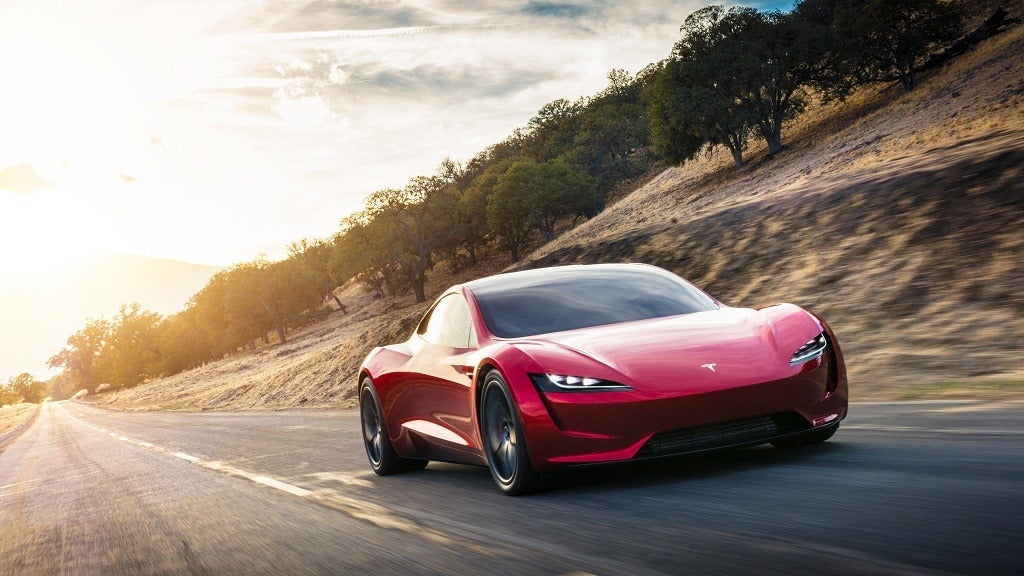
Electric vehicle registrations grew 87.5% across Europe over the first quarter of 2019 compared with the same period in 2018.
The number of battery-powered cars registered in the bloc nearly doubled, from 44,637 to 83,676, during the three-month stint, with Norway solidifying its place as the leading market, ahead of France, the UK, Germany and the Netherlands.
Market intelligence firm Cornwall Insight claims the country has created a “healthy environment” for the proliferation of electric vehicles, and explores the possiblity of this being replicated for the UK in its upcoming report Charged Up: Future Fleet.
The company’s analyst Tom Lusher said: “Norway’s car market is relatively small by comparison to the UK, with 2.8 million vehicles on the road as of 2018.
“However, in March – aided by the release of the Tesla Model 3 to European markets – Norway recorded the first ever month where electric vehicle sales had a majority market share (58%) over traditional petrol and diesel vehicles.
“The taxation policies in Norway mean that electric vehicles are exempt from vehicle registration and ownership taxes.
“They also benefit from reductions in road tolls, as well as enjoying incentives such as free parking and access to some bus lanes.
“This combination of factors is making electric vehicles more attractive in Norway.”
Boost in electric vehicle registrations led by Tesla but UK lags behind
Globally, Tesla made headlines this week for delivering 63,000 electric cars in the first quarter of 2019 and almost 100,000 in the second.
The company, largely seen as the figurehead of the electric vehicle trend, enjoyed a 7% jump in share price following the news.
Its figures, however, are at odds with the lacklustre growth in clean transport sales in Britain, where electric and hybrid vehicles sales in May this year only increased roughly 15% compared with the same month last year.
“A variety of factors drives lower electric car uptake in the UK, and a simplistic comparison to Norway risks over-generalisation,” explained Mr Lusher.
“On the one hand, the UK government’s taxation policies, despite the grants available, have not had the same impact as the fiscal policies in Norway in driving electric vehicle uptake.
“However, range anxiety is also a significant contributor to dissuading potential electric vehicle drivers in the UK too.
“Taking a step back from distinct market characteristics, the general and obvious lesson from Norway though is that creating an environment where electric vehicles become more attractive in comparison to their petrol and diesel counterparts, both from a tax but also the general cost of living perspective, undoubtedly helps increase electric vehicle sales.”


